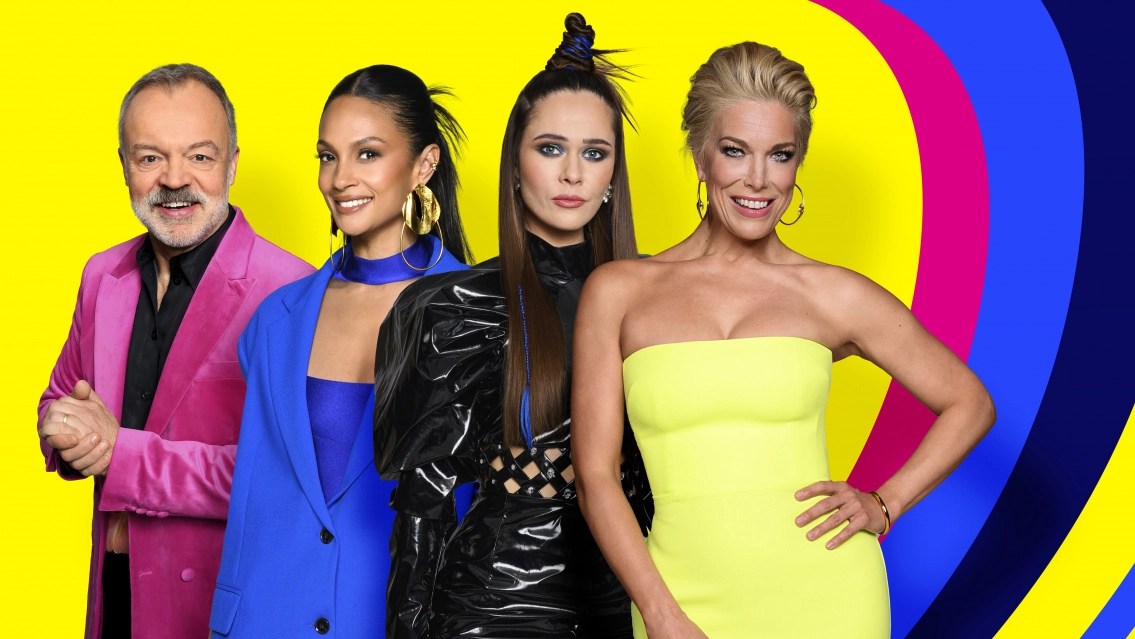
The Eurovision Song Contest has set limits on mixing politics with pop culture.
Ukrainian President Volodymir Zelensky will not be allowed to speak at the event, pronounced the European Broadcasting Union (EBU)—which organises the annual event—during a press release late on Thursday evening, May 11th.
The contest, a kind of Eurocup for pop music, will be held Saturday, May 13th, in Liverpool.
Kyiv has denied asking to insert itself into the event.
“The Eurovision Song Contest is an international entertainment show and governed by strict rules and principles which have been established since its creation. As part of these, one of the cornerstones of the Contest is the non-political nature of the event,” the EBU statement said.
It added, “This principle prohibits the possibility of making political or similar statements as part of the Contest.”
“The request by Mr. Zelensky to address the audience at the Eurovision Song Contest, whilst made with laudable intentions, regrettably cannot be granted,” the EBU concluded.
“This is not true,” Zelensky spokesman Sergii Nykyforov told Politico. “The “President’s Office has not applied to the organizers of the Eurovision with a request for a president to appear at the Eurovision final with the speech,” he said.
Despite the non-political nature of the event, Russia was barred from last year’s event and this year’s because of its invasion of Ukraine.
As expected, Ukraine won the contest in 2022 in what many considered a nod of support and sympathy for the beleaguered country. As the winner, it should have hosted the 2023 event but runner-up UK stepped up to host, given the ongoing war in Ukraine.
London weighed in on the apparent non-invite of Zelensky, with UK Prime Minister Rishi Sunak’s office saying it was “disappointed” with the EBU’s decision, according to Politico.
“The prime minister believes it would be fitting for President Zelenskyy to address the events,” Sunak’s spokesperson said. “The values and freedoms that President Zelenskyy and the people of Ukraine are fighting for are not political. They’re fundamental.”
In the statement, the EBU emphasized the prominent role of Ukraine in this year’s contest.
Eleven Ukrainian artists, including last year’s winners, the Kalush Orchestra, are performing in either the semi-finals or grand final. A Ukrainian design agency and musicians were hired to create the logos and other brand artwork and the incidental music used in between acts. Also, 37 locations around Ukraine have been featured in the ‘postcards,’ the short films played to introduce the artists before they take to the stage.
“We believe that this is the best way to reflect and celebrate Ukraine’s Eurovision Song Contest win and show we are United By Music during these hard times,” the EBU concluded.
